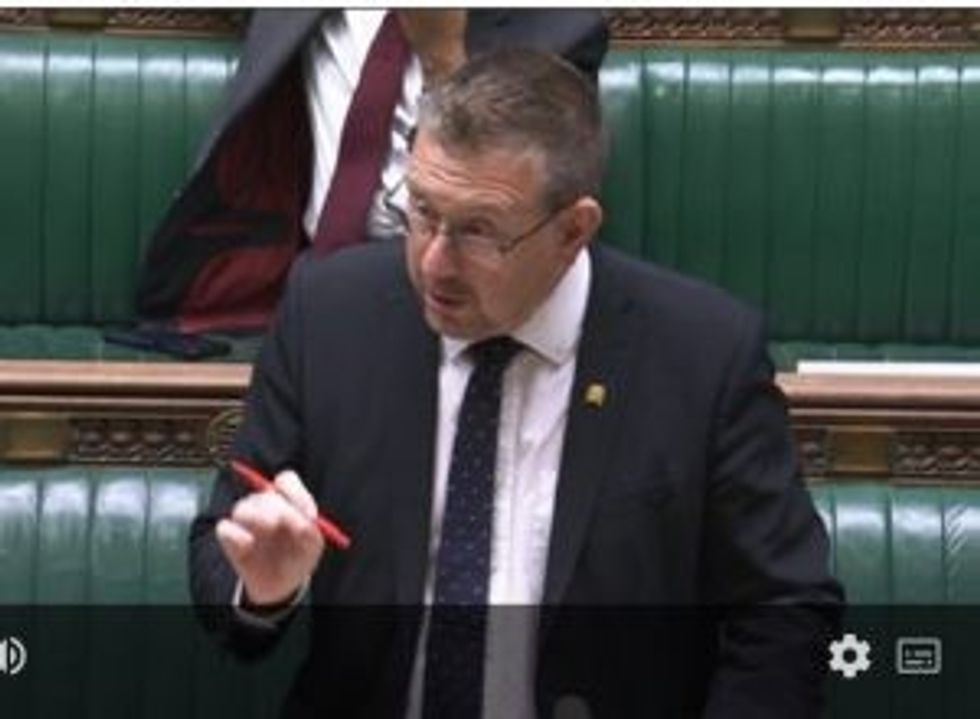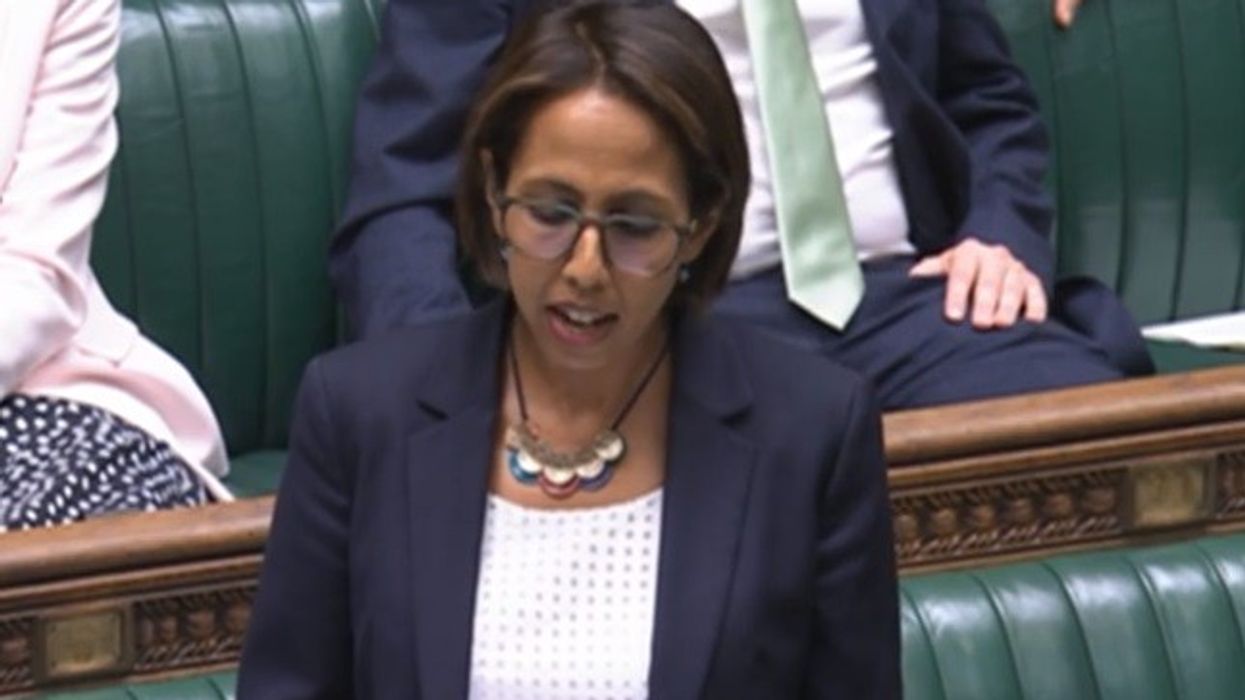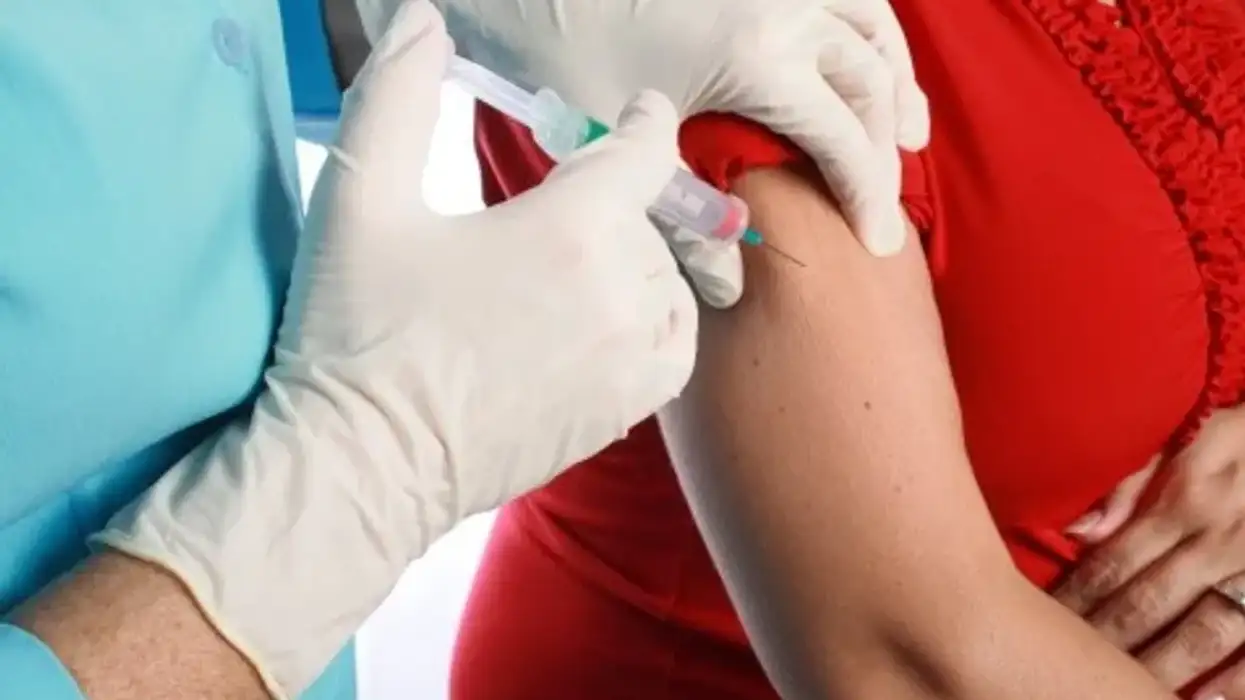She pointed out that a major factor driving pharmacy closures is a significant real-term reduction in pharmacy funding
Munira Wilson, the Liberal Democrat MP for Twickenham, highlighted the impact of the community pharmacy closures in the Hampton area, and the severe financial challenges facing community pharmacies across England during an adjournment debate in the House of Commons on Friday.
She also raised concerns about the impenetrable bureaucratic processes surrounding new pharmacy license applications and closures.
Wilson highlighted the closure of two Boots pharmacies in Hampton last autumn, including one in the deprived ward of Hampton North.
The Tangley Park pharmacy closure left the entire ward, which lacks adequate public transport, without a pharmacy, severely affecting elderly and vulnerable residents.
“The nearest pharmacy is now a mile away on foot, a distance which is difficult to cover for the elderly and those with mobility issues, certainly more than a 20-minute walk, the measure that previous ministers like to use to highlight pharmacy accessibility,” she said.
Wilson noted that these closures have increased pressure on the nearest remaining pharmacies, resulting in long queues and stock shortages, which are again inconvenient and impractical for elderly and vulnerable patients.
To provide a closer look at the impact of pharmacy closures, she cited a Healthwatch survey conducted earlier this year involving around 700 Hampton residents.
She mentioned a respondent who couldn’t get medication because of long queues, and the case of an 87-year-old woman who struggled to access her medications after her local pharmacy closed. Despite paying for delivery, the elderly woman received her medicines only twice in eight months, forcing her carer to collect them in person.
Wilson presented data from the Company Chemist Association (CCA) and National Pharmacy Association (NPA) showing a significant net loss of pharmacies in recent years, often in the most deprived areas.
According to the CCA data, since 2015, there has been a net loss of over 1,200 pharmacies, with more than a third of these closures occurring in the most deprived areas of the country.
The NPA reported that the number of pharmacies closing this year is nearly 50 per cent higher compared to the same period last year, with 10 pharmacies shutting their doors each week.
Alongside independent pharmacies, chains such as Lloyds and Boots have significantly accelerated these closures over the past 18 months, the MP noted.
Wilson pointed out that a major factor driving these closures is a significant real-term reduction in pharmacy funding, which has decreased by around 30% since 2015.
The Company Chemists Association estimated an average funding shortfall of 67,000 pounds per pharmacy, based on an analysis of data published by the Department of Health and Social Care (DHSC).
“Many pharmacists have been left out of pocket, reimbursed less for a number of medications compared to the price they're paying with stories of some using credit cards and overdrafts to purchase medication,” Wilson told the Parliament.
Wilson highlighted that funding pressures are compounded by significant workforce challenges.
According to her, Boots have cited lack of pharmacists as a major reason for shutting down 300 pharmacies across the UK, although commercial pressures were the primary driver.
Additionally, regular medicine supply shortages have added more work and stress to already overstretched pharmacists, with Community Pharmacy England (CPE) reporting last year that 92 per cent of pharmacies were managing supply issues daily, she said.
While Wilson welcomed the previous Conservative government's "Pharmacy First" initiative, she argued that without proper funding and with increasing gaps in provision, achieving these goals is challenging.
Wilson criticised the bureaucratic processes around pharmacy closures and new license applications, stating that there is a “complete lack of transparency or accountability.”

Before responding to Wilson’s concerns, the Parliamentary Under-Secretary for Health and Social Care, Andrew Gwynne, paid tribute to pharmacists, noting that surveys reveal nine out of ten people who visit pharmacies have a positive experience.
The Labour (Co-op) MP for Gorton and Denton acknowledged that for too long, governments have failed to recognize their essential role in safeguarding the nation's health.
“This government knows people who work in pharmacies are highly trained specialists, and we are committed to helping pharmacists and pharmacy technicians reach their full potential,” Gwynne said.
The new government pledged to build on the Pharmacy First programme by making prescribing an integral part of the services delivered by community pharmacies.
“Within the next two years, we will ensure that every newly qualified pharmacist has a prescribing qualification while we train up the existing workforce.
“This government takes the view that pharmacies can and should play an even greater role in providing healthcare on the high street, and that is why we stood on a manifesto to shift resources to primary care and to community services over time and community pharmacies will play an important part in moving our health service from hospital to community, from analog to digital, and from sickness to prevention,” he added.
But he noted that they have only been in office for three weeks, and these changes can't happen overnight.
Further, he said that the labour government is fully committed to ensuring that the workforce plan for pharmacists is as robust as possible to meet the increased demand.
He emphasised that the plan will not only prepare the pharmacists, doctors, nurses, and other healthcare professionals of the future but also support their goal of creating a national health service that is more community-focused and aligned with prevention rather than just curing sickness.
“We want to prevent people from becoming ill in the first place. We have to make sure that at the heart of that is how we can deliver medicines and treatments closer to where people live, and having well trained capabilities in the pharmacy sector to do that is very much a priority for this government,” he told the Parliament.
On the two boots closures in Hampton, the new government assured that they will be closely monitoring the situation on the ground.
Responding to Wilson’s concerns about bureaucracy, Gwynne assured that the regulatory framework is continuously reviewed and that the new government is eager to make improvements wherever possible.
Regarding funding for pharmacy, he informed the house that NHS England has commissioned an economic analysis of the cost of providing pharmaceutical services.
“That work is happening right now as we speak with the pharmacy sector, and we look forward to seeing the outcome. Previous governments delayed finding a sustainable and long-term solution, and the consultation around this year's funding and contractual arrangements with Community Pharmacy England did not make it over the line before the election was called. So, we are looking at that as ministers as a matter of urgency.”
Gwynne revealed that the Chancellor is carrying out an urgent assessment of their spending inheritance, and the results will be presented to the Parliament before the summer recess and these findings will guide all of their future spending decisions.













